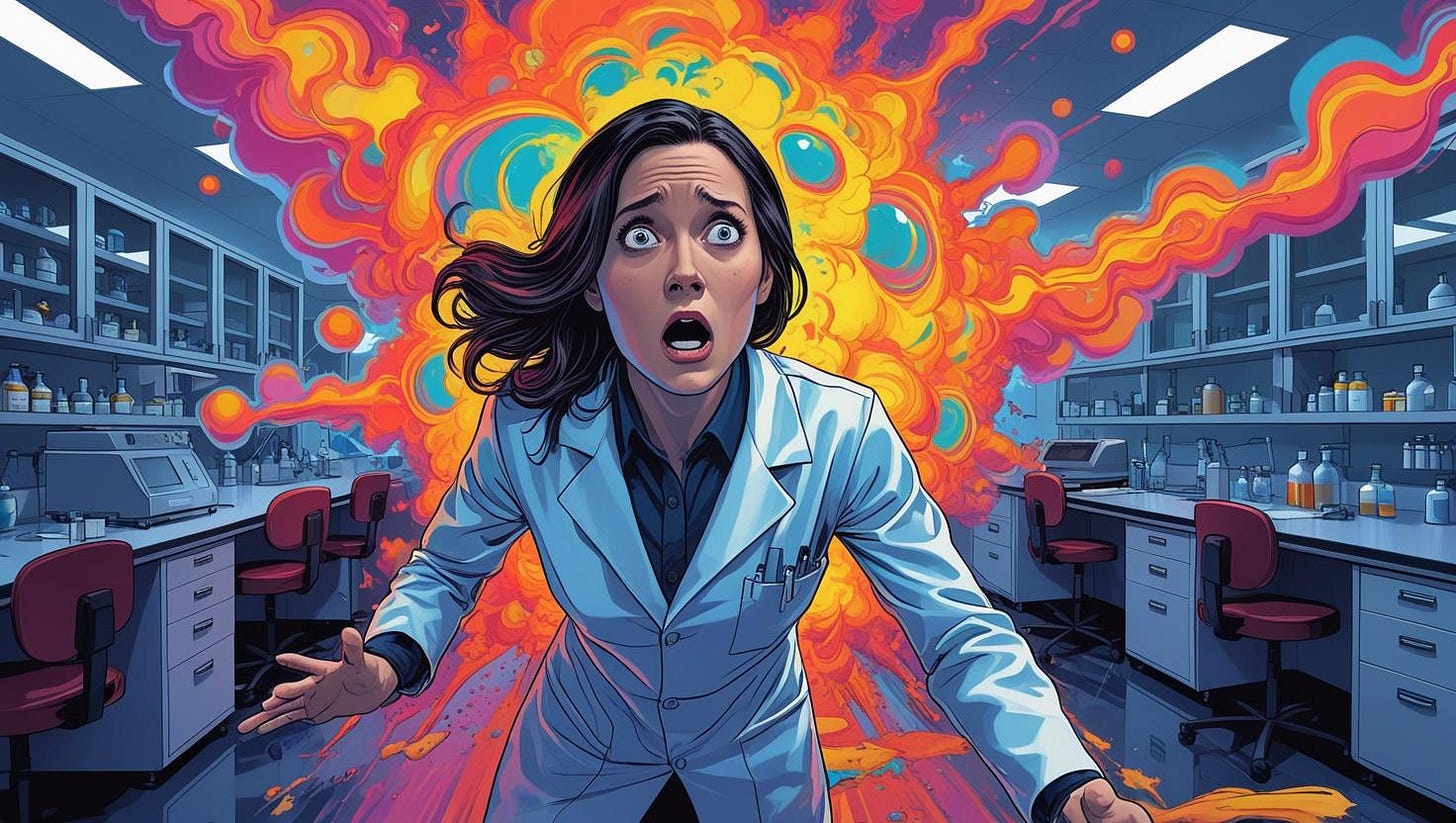Errors in Toxicology Testing and the Need for Full Discovery
Forensic Failures Reveal the Need for Transparency and Reform
New Publication Alert!
Charles Ramsay and I are pleased to announce the publication of our paper, Errors in Toxicology Testing and the Need for Full Discovery in Forensic Science International: Synergy.
This article represents the culmination of our 48 years of combined experience in forensic toxicology and legal practice, documenting systematic errors that have affected thousands of criminal cases across multiple jurisdictions.
After decades of observing the intersection of science and law, we decided it was time to write about some of the errors we've witnessed.
Here’s What We Found
Errors persisted for years, sometimes decades. Washington D.C.'s breath alcohol analyzers were miscalibrated by 20-40% for 14 years.
Maryland used scientifically invalid single-point calibration methods for blood alcohol analysis for an entire decade, while passing multiple accreditation audits.
External sources, not internal controls, typically discover problems. Defense attorneys, whistleblowers, and new employees found issues that established quality control systems missed.
In Massachusetts, it took external pressure from defense attorney Joe Bernard to show that the Office of Alcohol Testing had an "unwritten policy" of withholding failed calibration records from defense attorneys.
The human cost is real. We documented cases ranging from mothers losing custody of newborns due to false-positive drug tests from poppy seed consumption to wrongful convictions based on contaminated evidence.
Why Transparency Matters
Perhaps the most disturbing finding was the institutional resistance to disclosure.
Laboratories often treated themselves as extensions of law enforcement rather than independent scientific institutions. Retaliation against employees who testified honestly about analytical limitations. Systematic withholding of exculpatory evidence.
This isn't how science is supposed to work.
The Path Forward
We're not trying to destroy confidence in forensic toxicology—we're trying to spark a conversation about transparency and accountability.
Our paper outlines seven key reforms:
Online discovery portals for complete data access
Mandatory retention and disclosure of digital data
Accessibility of discovery materials: Laboratories should provide data in formats that facilitate independent analysis. Tabular data should be provided in native spreadsheet formats, rather than in difficult-to-analyze PDFs.
Source code access: When tests are used for public purposes, the source code should be made available
Independence: Forensic laboratories should strive to become independent from law enforcement agencies, as recommended by the National Academy of Sciences.
Legal protections for whistleblowers
Regular third-party audits
Science Advances Through Scrutiny
Science advances by examining our mistakes, not hiding them.
Every error we documented represents an opportunity to improve our methods, strengthen our oversight, and ultimately serve justice more effectively.
Read the full paper: https://www.sciencedirect.com/science/article/pii/S2589871X25000580
What's your take? Have you encountered similar issues in your jurisdiction? What reforms do you think would be most effective?
The conversation starts now.




